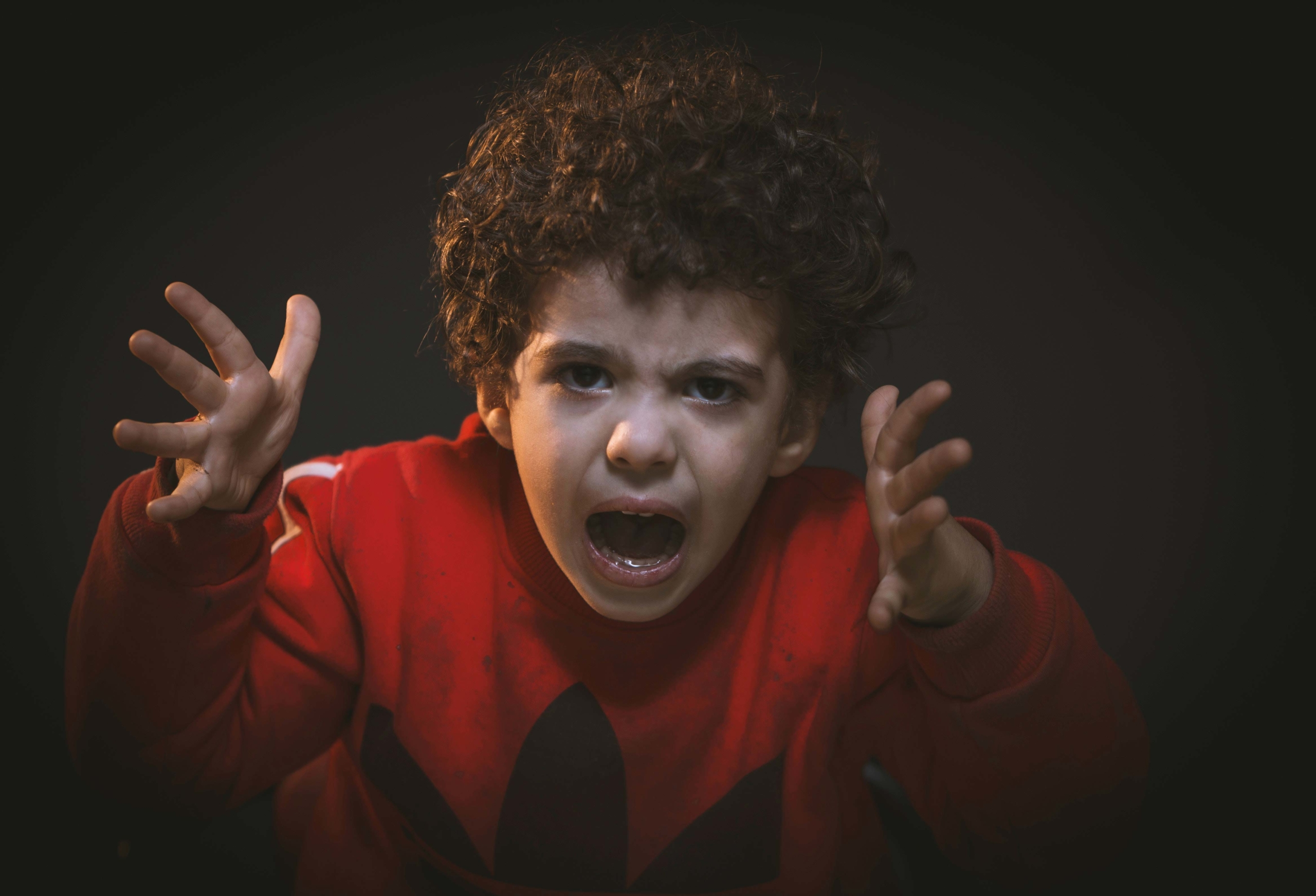
18 Oct Things kids want to tell you during separation
In this article, Anju Regis + Shivonne Cammell share their thoughts on what parents can do to help their child move through this traumatic time in their young lives.
“I know Mummy and Daddy are fighting, even when they think I don’t, and it makes me feel sad and angry” – Lachlan- 6 years
During separation, children are sometimes the forgotten participants of what is a major event in their lives. During separation, most adults go through at least a small period where we become almost teenage-like in our conflicts with our ex’s to arrive in the “New world” post-separation relationship. Despite most of us attempting to get to this “New world” relationship with minimal impact on the children involved, we may make some mistakes along the way.
The AIFS (Australian Institute of Family Studies) recently analysed 61 children aged between 10-17 years of age who had parents that separated and had accessed the family law system. According to the report*:
- “Most children and young people (76%) wanted parents to listen more to their views in relation to parenting arrangements and regarding the separation more generally, to provide them with space and time to process events, and for their parents to respect their views as their own even if they disagree with them.”
- “Parent-child communication emerged as important to children and young people in helping them to accept their new living circumstances, build new post-separation relationships with their parents and better understand what the separation process and the making of parenting arrangements involved. Despite this importance, several children and young people described experiencing aspects of their parents’ communication that distressed them. These behaviours included parents pressuring them to take sides and denigrating the other parent to them or in their presence.”
*SOURCE: https://aifs.gov.au/media-releases/children-separated-families-feel-left-out-and-left-dark-when-it-comes-decisions-about-their-lives
To help us understand more about what children want to say during such an emotional period of their lives, we reached out to Shivonne Cammell who is a Clinical Social Worker and Play Therapist who works with children and families experiencing emotional and behavioural issues, and asked her a few key questions:
1. In your experience what do you think children would like to say to their parents in separation but don’t?
- “I want Mum and Dad to get along / to be nice to each other / to talk to each other”
- “I want all of my family to come to my special events together (ie: dance concerts, sporting events, plays)”
- “I know Mummy and Daddy are fighting, even when they think I don’t, and it makes me feel sad and angry”
- “I have to go back and forth between Mum’s place and Dad’s place and I feel like I never have enough time with either of them”
2. Based on your experience with clients, what are the top 3 things that a child between the ages of 4 to 10 experience during a family separation/divorce?
Children may:
- Feel sad and confused that their life and routine is changing, and don’t understand the complexities of why your relationship has broken down.
- Feel the responsibility to try and fix things between their parents.
- Fantasize that the problems will go away and Mum and Dad will get back together, that life will go back to the way it used to be.
- Feel the responsibility to look after themselves and/or siblings because they view their parents as occupied with their own feelings about the separation.
3. What is play therapy? And why is it useful during this potentially traumatic time?
Play Therapy is a developmentally appropriate way for children to express and work through their feelings and thoughts about their lives. Children’s language development lags behind their cognitive development, so they communicate their awareness of what is happening symbolically through play.
Similar to an adult having therapy where they discuss their worries and concerns, children use play therapy to role play and symbolically represent relationships, problems, fears, anxieties, fantasies and guilt. With the support of a skilled play therapist and counsellor, children can then use play and toys to explore these ideas, associated feelings and thoughts, and gain a sense of control and understanding of their experiences.
4. What are some tips to support the kids?
It may not the separation itself that’s harmful to children, it’s the way that it’s handled.
- Be upfront with age-appropriate information about the changes that are occurring.
- Be prepared for a variety of different emotions at different stages of the process. Just as you are grieving and reassembling your lives and relationships pre and post separation, so are your children. Allow children the time, space and understanding to communicate these feelings with you as they wish.
- Work towards a civil and positive relationship with your ex-partner, where you can communicate effectively to prioritise your children’s needs and interests’
5. What are the top tips during this tough period?
- Talk about your ex-partner in a positive manner in front of and to your children. You may be angry with each other, but you are the most important people in your child’s world.
- How you handle conflict and separation is an important learning experience for your children, they are watching and absorbing everything you model. Make it count!
- Seek help – consult with a counsellor who specialises in supporting children through separation. They can provide you with parenting advice and guidance as well as supporting your children.
6. What are the potential developmental impacts?
Again, this depends on how the separation is handled. If you are both committed to putting your differences aside in order to be the best parents you can be, there’s no reason why children of divorce can’t grow up healthy, happy and well adjusted.
This article has been reproduced with permission from Anju Regis + Shivonne Cammell – for more information please visit their website.
Disclaimer: The content of this blog is general information only and is not provided as a substitute for legal/professional advice. If you have a legal/financial/ any other issue, you should contact a lawyer and/or professional before making a decision about your options or personal situation. TheSeparationExchange.com cannot provide legal/professional advice.



